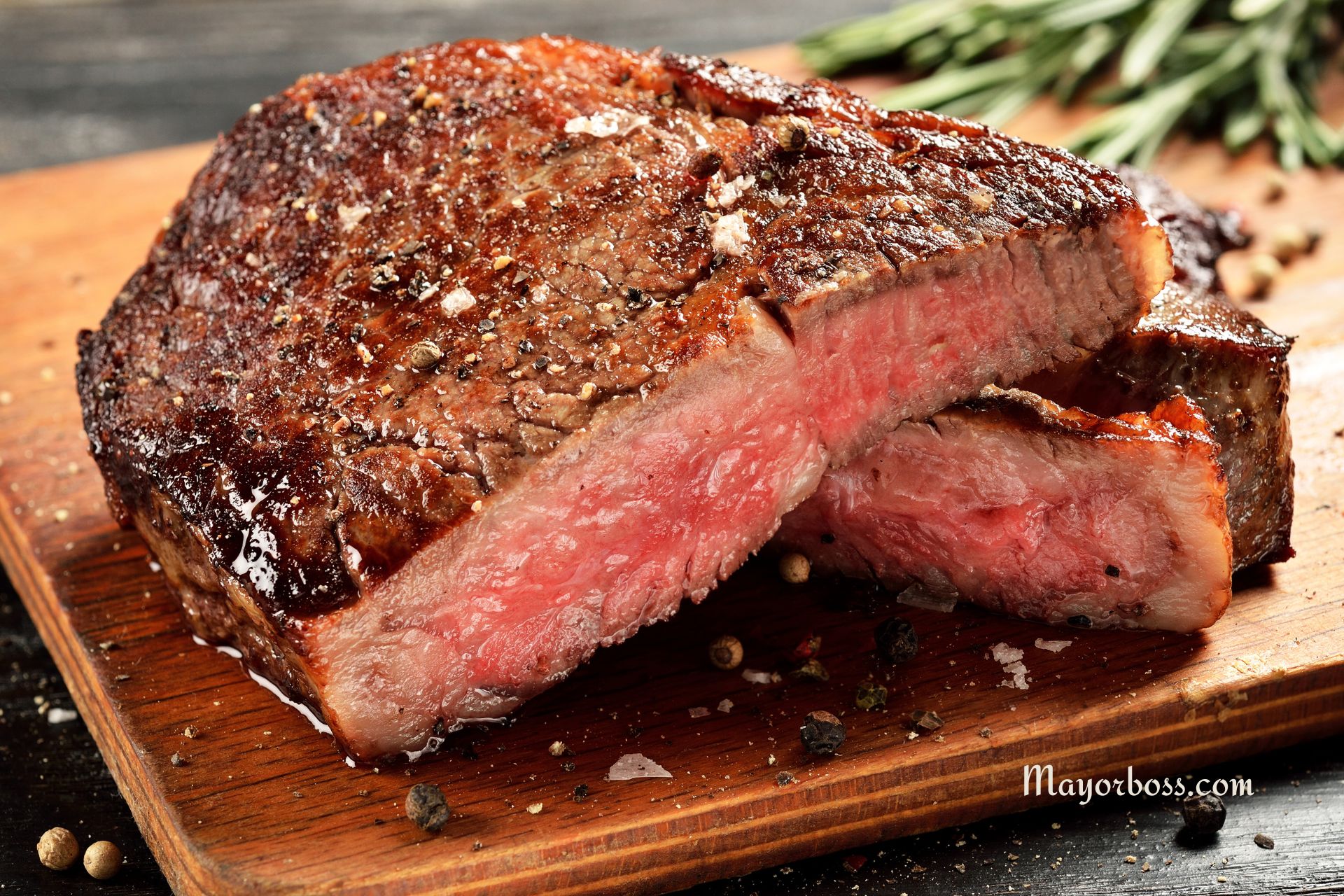Red Meat Benefits: What You Need to Know
In the midst of debates around diet and health, red meat often finds itself at the center of controversy. Yet, amidst these discussions, it’s crucial to remember that red meat can be a valuable part of a balanced diet. Here, we’ll look at the benefits of red meat so you can make informed choices about incorporating it into your meals.

Nutritional Value of Red Meat
Red meat, including beef, lamb, and pork, is packed with essential nutrients. First and foremost, it’s an excellent source of high-quality protein, which is vital for muscle repair and growth. Moreover, it’s rich in vitamins and minerals, such as vitamin B12, iron, zinc, and selenium. Vitamin B12 is crucial for nerve function and the production of DNA and red blood cells. Iron is essential for transporting oxygen in your blood, while zinc supports the immune system, and selenium plays a role in thyroid health.
Supports Muscle Growth and Repair
For athletes or anyone looking to build or maintain muscle mass, red meat is incredibly beneficial. The high-quality protein it provides contains all the essential amino acids your body needs. This makes it a complete protein source, which is particularly important after exercise for muscle repair and growth.
Boosts Iron Levels
Red meat is a substantial source of heme iron, a type of iron that your body absorbs more easily compared to non-heme iron found in plant-based foods. This is especially important for people who are prone to anemia, such as women of childbearing age or those with dietary restrictions that limit iron intake. Including red meat in your diet can help prevent iron deficiency anemia, ensuring your body functions optimally.
Enhances Brain Health
The rich nutrients found in red meat, including omega-3 fatty acids, vitamin B12, and iron, are essential for brain health. They contribute to improved cognitive functions, memory, and mood. A deficiency in these nutrients can lead to cognitive decline and other mental health issues, so incorporating red meat into your diet can support brain health over time.
Immune System Support
Red meat contributes to a healthy immune system thanks to its zinc content. Zinc is a mineral that your body cannot store, so you need to consume it regularly in your diet. It helps in the development and function of immune cells, making red meat a great addition to your diet for immune support.
Considerations for Consumption
While red meat has numerous benefits, it’s also important to consume it in moderation. Overconsumption of red meat has been linked to certain health risks, such as heart disease and certain types of cancer. Thus, it’s recommended to enjoy red meat as part of a varied diet, balancing it with plenty of fruits, vegetables, whole grains, and other protein sources.
Conclusion
Red meat can be a nutritious and beneficial part of your diet when consumed in moderation. It provides essential nutrients that support muscle growth, brain function, immune health, and more. As with any food, the key is balance and variety. By incorporating red meat alongside a diverse range of foods, you can enjoy its benefits while maintaining a healthy and balanced diet.
Frequently Asked Questions
- How much red meat is safe to eat per week? Health experts generally recommend limiting red meat consumption to about 3 servings per week, with one serving being approximately 3-4 ounces cooked.
- Can red meat be part of a weight loss diet? Yes, red meat can be included in a weight-loss diet. Its high protein content can help you feel fuller for longer, potentially assisting in weight management. However, opt for lean cuts and be mindful of portion sizes.
- Is red meat bad for cholesterol? Red meat can impact cholesterol levels due to its saturated fat content. Choosing lean cuts and preparing them in healthy ways can help mitigate this risk. Additionally, balancing your diet with foods high in fiber and healthy fats can support heart health.
